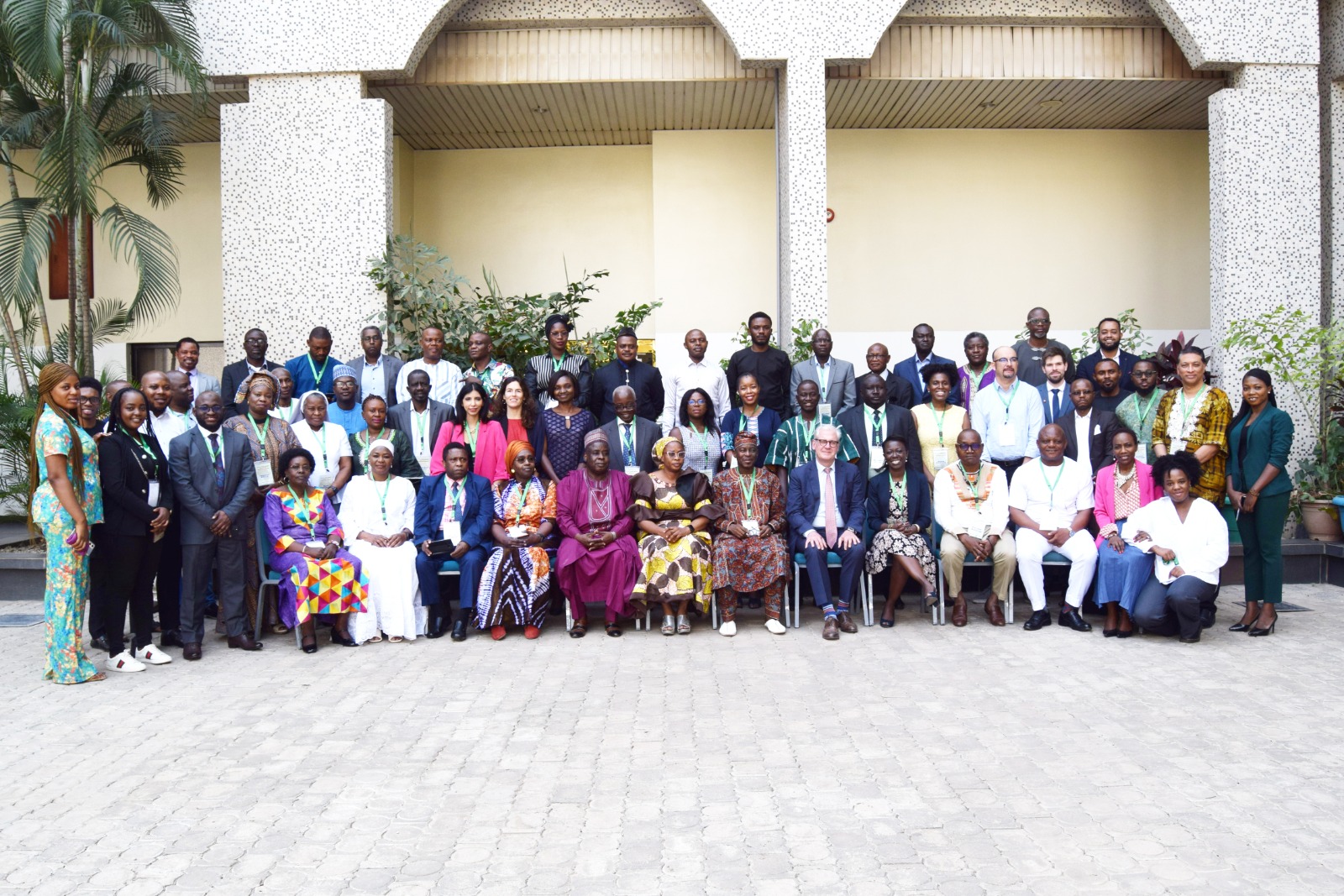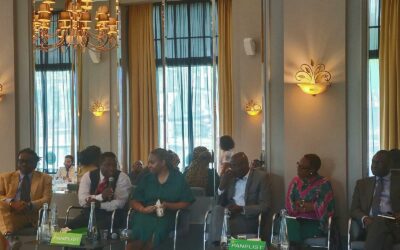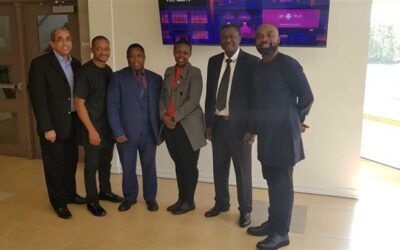The African civil society and diaspora from all corners of the world just spent three days in Abuja, Nigeria from January 30th to February 1st, 2023 to strengthen the capacities and engagement of the African civil society and diaspora in the global migration framework process and launch the GFMD 2023 process.
During the three days, participants and various African and international actors such as the EU, GIZ, and ECOWAS had the opportunity to familiarize themselves with the steps and initiatives already taken in the GFMD process from its inception to date.
The African civil society and diaspora identified three key areas of concern in the GFMD 2023 process, among the six programs of the global compact for migration process.
Reinforcing the Impact and Engagement of the African Diaspora was identified by participants as the first of the three priorities. The other two points being climate change and migration, including worker migration.
The launch of this 2023 process puts the preparation of the GFMD summit, which will take place in France in February 2024 and will be co-chaired by France and Senegal, in the forefront.
These works were enhanced by the presence of the representative of the Ministry of Foreign Affairs and Senegalese abroad who came to reassure and confirm the co-chairing of the GFMD summit in 2024 in Paris.
During these proceedings, Mr. Alexis Neuberg, President of ADEPT, was able to emphasize the need for good coordination and structuring of the African civil society with the African diaspora in order to strengthen their collective capacities not only to follow up on the Abuja declaration that sanctioned the conference’s work but also to influence the implementation of this declaration.
Furthermore, the African civil society and diaspora must develop communication tools in order to influence the change of the narrative on migration, which is also one of the pillars of the GCM (Global Compact for Safe, Orderly and Regular Migration).
The process thus launched is at the same time a sort of self-determination to encourage the African civil society and diaspora to undertake initiatives that can motivate both national and international decision-makers to implement the GCM with concrete actions until the GFMD summit in France in early 2024.
This joint initiative led by African civil society & diaspora hosted by PAN AFRICAN NETWORK in DEFENSE OF MIGRANT’S RIGHTS (PANiDMR), was a strong momentum of African non-state actors towards the GFMD, strengthened capacity of PANiDMR as a platform for African civil society to engage on global migration governance and policies and increased collaboration between PANiDMR and diaspora civil society working on global migration governance and policies.
Background…
Created in 2007, the GFMD is a state-led, informal and non-binding process, which helps shape the global debate on migration and development. Centered around these two areas, the GFMD process 1 provides an opportunity for whole-of-government and whole-of-society that enables governments to engage with a wide range of actors – civil society, the private sector, youth, migrants and diaspora, the UN system, academia, municipalities, among others. The main aim is to inform and influence policy and practice through dialogue on sensitive issues while generating consensus among actors and seeking together innovative solutions.
Through the GFMD Civil Society Mechanism, civil society, including and especially migrants, contribute to shaping the GFMD’s agenda and outcomes.
For the first time since its inception, the 2023 GFMD co-chairmanship is shared with Sub-Saharan Africa. This is an opportune time for coordinated and well-organised engagement from African non-state actors to bring the hotbed of thematic issues and dynamics of intra- and inter-regional migration to the global discourse. It also presents an opportunity to engage with government actors, at all levels, in national and regional dialogue, throughout the GFMD process.
As such, the engagement of the French and Senegalese GFMD co-chairs will be vital for this forum. For France, it will provide an opportunity to understand better how civil society – particularly African civil society and diaspora – view and actively engage with the GFMD processes and the ambitions of the co-chairs. For Senegal, which also holds the significant role of chair of the African Union, this will provide an opportunity for the engagement with African instruments and processes (in particular Agenda 2063, the Joint Africa-EU Strategy, as well as REC specific instruments and other mechanisms) together with the GFMD process.



